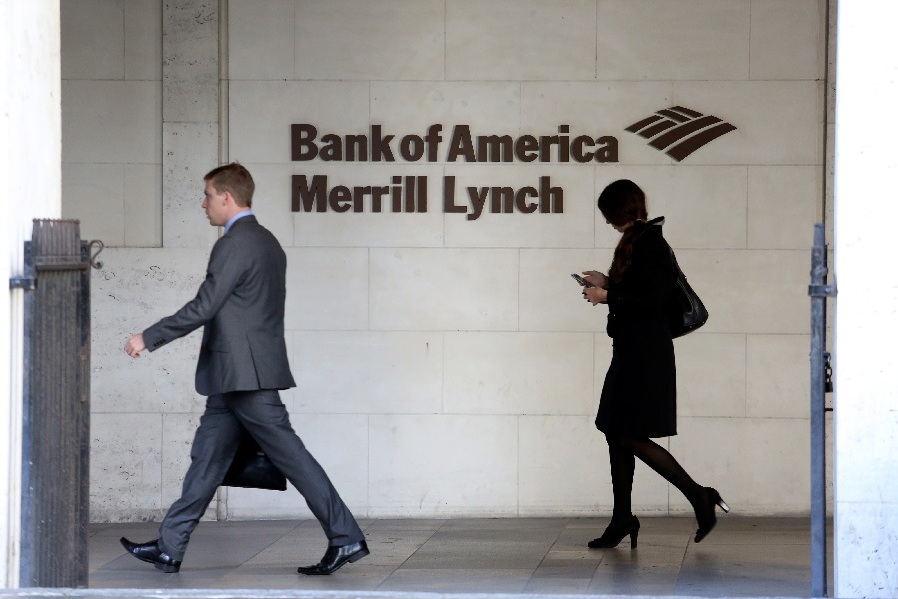For almost a decade, at least 120 Merrill Lynch brokers and financial advisers broke industry rules when they sold shares of highly coveted IPOs, including tech giants Facebook Inc., LinkedIn Corp. and Twitter Inc., to family members and brokers and employees of other brokerage firms.
The Financial Industry Regulatory Authority Inc. on Thursday said it had fined Merrill Lynch $5.5 million over the matter; Merrill will also pay back $490,530 in revenue from the sales, which occurred from 2010 to 2018.
Finra rules restrict sales of initial public offering to ensure that brokers are not giving favorable treatment to "restricted person" and insiders at the expense of the public. The term restricted persons includes immediate family of its own brokers and clients who are employed at other brokerage firms.
In one instance, a Merrill Lynch broker opened accounts for his brother, who worked at a different broker-dealer, and sister-in-law. Merrill Lynch then sold shares of other IPOs on at least 18 different occasions to the broker's brother,
according to Finra. In another instance, a Merrill Lynch broker in Albany sold shares of Facebook's IPO to his father in 2012.
Merrill then commenced a review, found a number of the restricted IPO sales and made changes to its supervisory system, according to Finra. Despite the changes, "Merrill Lynch continued selling IPOS shares to some of the same accounts it already had identified as belonging to immediate family members" of the firm's brokers, according to the regulator.
Over the eight years in question, Merrill Lynch made at least 1,462 prohibited sales of IPO shares in 325 different stock offerings. The sales went to 149 customer accounts of family members or brokers at other firms.
(More:
Merrill Lynch advisers staring at new pay hurdles in 2019)
As part of the settlement, Merrill Lynch neither admitted or denied the charges.
A Merrill Lynch spokesman, Bill Halldin, declined to comment when asked if Merrill Lynch had fired any of the advisers who made the sales.
"We have enhanced our policies and procedures to properly identify clients who are ineligible to receive IPO shares and to prevent similar conduct in the future," Mr. Halldin said.
Merrill Lynch required the clients to certify they were eligible to purchase the IPOs. However, the firm's system for tracking those certifications did not compare those with contrary information the firm possessed, according to Finra. Merrill Lynch knew, or should have known, that the customers buying the IPOs were so-called restricted persons, according to the regulator.
In another example, the firm in 2013 flagged an IPO transaction in an account of an immediate family member of a Merrill broker, according to Finra. The firm then cancelled that transaction but sold IPO shares to the same account a year later.







